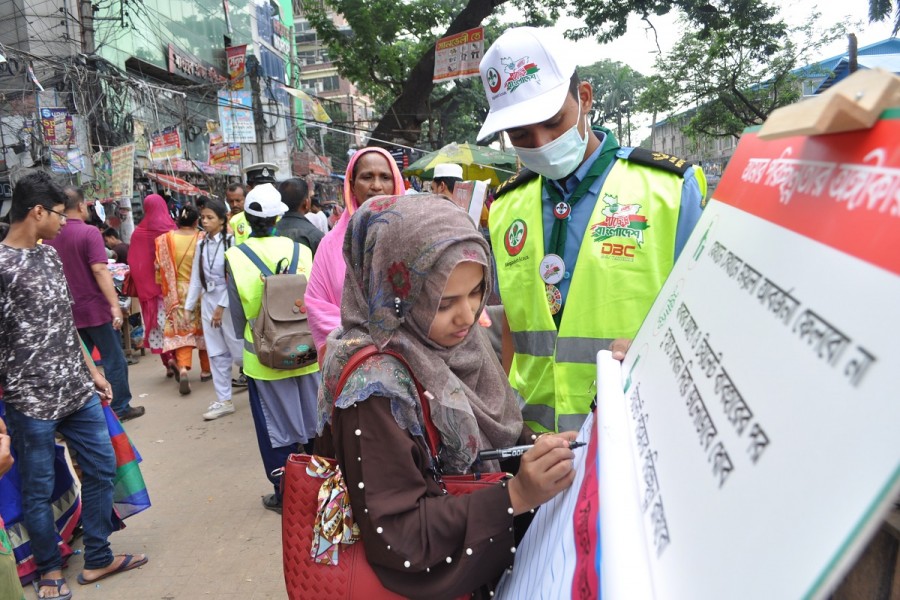World Health Organization (WHO) has listed mosquitoes as among the top threats to public health, especially in developing nations, as each year, millions of people die as a result of contracting mosquito-borne diseases. Diseases transmitted by mosquitoes include malaria, dengue, chikungunya, yellow fever, filariasis,zika, etc.
Mosquitoes are tiny insects, but they carry a big economic bite. Each year, nations suffer billions of dollars in losses, spend billions on mosquito control programs and invest substantially in treatments for patients who have suffered complications after mosquito bites.
The price tag of mosquito-borne diseases might not be anything more than the cost of a soothing lotion. If you contract a disease from the bite, however, the price tag balloons quickly. Economic impact from Dengue Fever in just eight countries — Brazil, El Salvador, Guatemala, Panama, Venezuela, Cambodia, Malaysia and Thailand — amount to $1.8 billion each year in direct and indirect costs, according to researchers, whereas in the Americas, it costs about $2.1 billion annually — based on 2010 amounts. About 50 million to 100 million people are affected each year by this illness, and about 2.5 billion people live in places where the disease can occur.
Malaria one of the deadliest mosquito-borne diseases in the world, most common in the South Pacific, South America, Africa and Asia, causes more than one million deaths and 250 million instances of the disease are reported, on average, each year, costing about $12 billion a year in direct costs. Chikungunya on the other hand can make adults less productive or unable to work, creating an economic impact for entire communities. In 2014, Jamaica saw an outbreak of the disease and forecast economic losses of $246,742 USD, largely due to loss of productivity.
Recently Bangladesh has seen an epidemic of mosquito borne disease, specifically dengue. According to Health Emergency Operations Center, DGHS, so far 87,953 patients infected with dengue have been admitted to hospitals this year as of 29th September, 2019. One of the major reasons for such an epidemic is because of the lack of awareness of masses on the topic of mosquito breeding.
The habit of cleanliness and its awareness is the most economic tool to prevent such economic losses and safeguard public health as well. All mosquitoes need water to complete their development and some may use small water-holding containers near our home to do so. It is the habit of uncleanliness that has led Bangladesh towards such a crisis. If we want to uplift ourselves from the grasp of mosquito borne diseases we will have to become proactive about reducing mosquito populations around our homes.The government of Bangladesh has already taken measures to raise awareness about cleanliness habits to prevent mosquito borne diseases, integrating awareness messages and campaigning through traditional media tools such as that of television, radio, etc.
Additionally ‘Dettol-Harpic Porichchonno Bangladesh’, the entity working for the last three years to raise awareness on cleanliness has recently taken initiatives along with Bangladesh Scouts to counter this epidemic, coming down to the street level and growing from school to school. If successful, awareness can reduce the number of mosquitoes around our own houses over time, helping to lower the risk of getting mosquito bites and contracting diseases they can carry.
-rmc//


